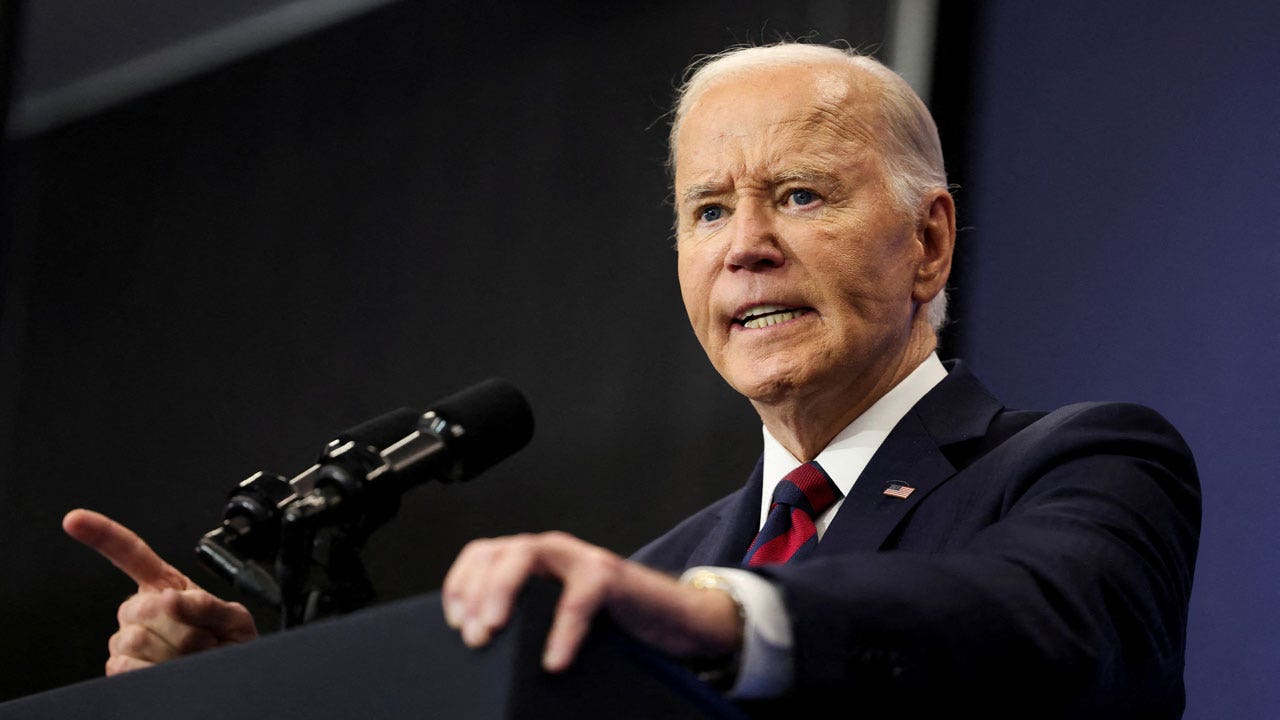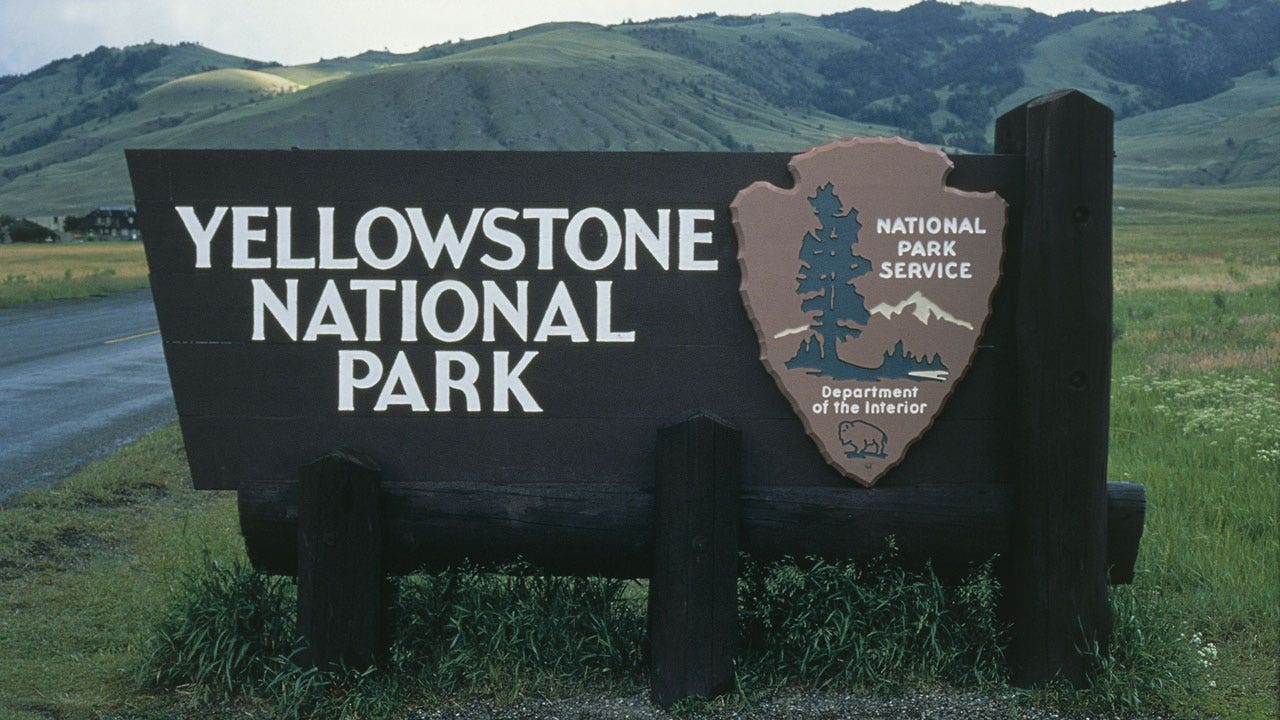Among older American Jews, this assertion of a Zionist consensus contains some truth. But among younger American Jews, it’s false. In 2021, even before Israel’s current far-right government took power, the Jewish Electorate Institute found that 38 percent of American Jewish voters under the age of 40 viewed Israel as an apartheid state, compared with 47 percent who said it’s not. In November, it revealed that 49 percent of American Jewish voters ages 18 to 35 opposed Mr. Biden’s request for additional military aid to Israel. On many campuses, Jewish students are at the forefront of protests for a cease-fire and divestment from Israel. They don’t speak for all — and maybe not even most — of their Jewish peers. But they represent far more than 2 percent.
These progressive Jews are, as the U.S. editor of The London Review of Books, Adam Shatz, noted to me, a double minority. Their anti-Zionism makes them a minority among American Jews, while their Jewishness makes them a minority in the Palestine solidarity movement. Fifteen years ago, when the liberal Zionist group J Street was intent on being the “blocking back” for President Barack Obama’s push for a two-state solution, some liberal Jews imagined themselves leading the push to end Israel’s occupation of the West Bank and the Gaza Strip. Today, the prospect of partition has diminished, and Palestinians increasingly set the terms of activist criticism of Israel. That discourse, which is peppered with terms like “apartheid” and “decolonization,” is generally hostile to a Jewish state within any borders.
There’s nothing antisemitic about envisioning a future in which Palestinians and Jews coexist on the basis of legal equality rather than Jewish supremacy. But in pro-Palestine activist circles in the United States, coexistence has receded as a theme. In 1999, Mr. Said argued for “a binational Israeli-Palestinian state” that offered “self-determination for both peoples.” In his 2007 book, “One Country,” Ali Abunimah, a co-founder of The Electronic Intifada, an influential source of pro-Palestine news and opinion, imagined one state whose name reflected the identities of both major communities that inhabit it. The terms “‘Israel’ and ‘Palestine’ are dear to those who use them and they should not be abandoned,” he argued. “The country could be called Yisrael-Falastin in Hebrew and Filastin-Isra’il in Arabic.”
In recent years, however, as Israel has moved to the right, pro-Palestinian discourse in the United States has hardened. The phrase “From the river to the sea, Palestine will be free,” which dates from the 1960s but has gained new prominence since Oct. 7, does not acknowledge Palestine and Israel’s binational character. To many American Jews, in fact, the phrase suggests a Palestine free of Jews. It sounds expulsionist, if not genocidal. It’s an ironic charge, given that it is Israel that today controls the land between the river and the sea, whose leaders openly advocate the mass exodus of Palestinians and which the International Court of Justice says could plausibly be committing genocide in Gaza.
Palestinian scholars like Maha Nassar and Ahmad Khalidi argue that “From the river to the sea, Palestine will be free” does not imply the subjugation of Jews. It instead reflects the longstanding Palestinian belief that Palestine should have become an independent country when released from European colonial control, a vision that does not preclude Jews from living freely alongside their Muslim and Christian neighbors. The Jewish groups closest to the Palestine solidarity movement agree: Jewish Voice for Peace’s Los Angeles chapter has argued that the slogan is no more anti-Jewish than the phrase “Black lives matter” is anti-white. And if the Palestine solidarity movement in the United States calls for the genocide of Jews, it’s hard to explain why so many Jews have joined its ranks. Rabbi Alissa Wise, an organizer of Rabbis for Cease-Fire, estimates that other than Palestinians, no other group has been as prominent in the protests of the war as Jews.






